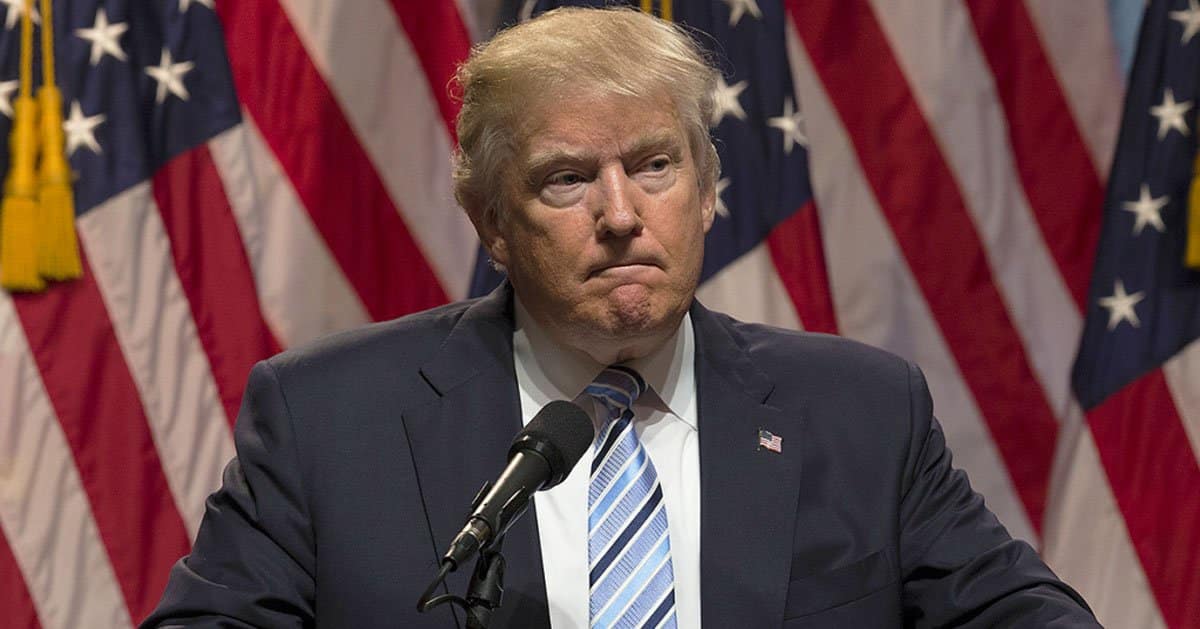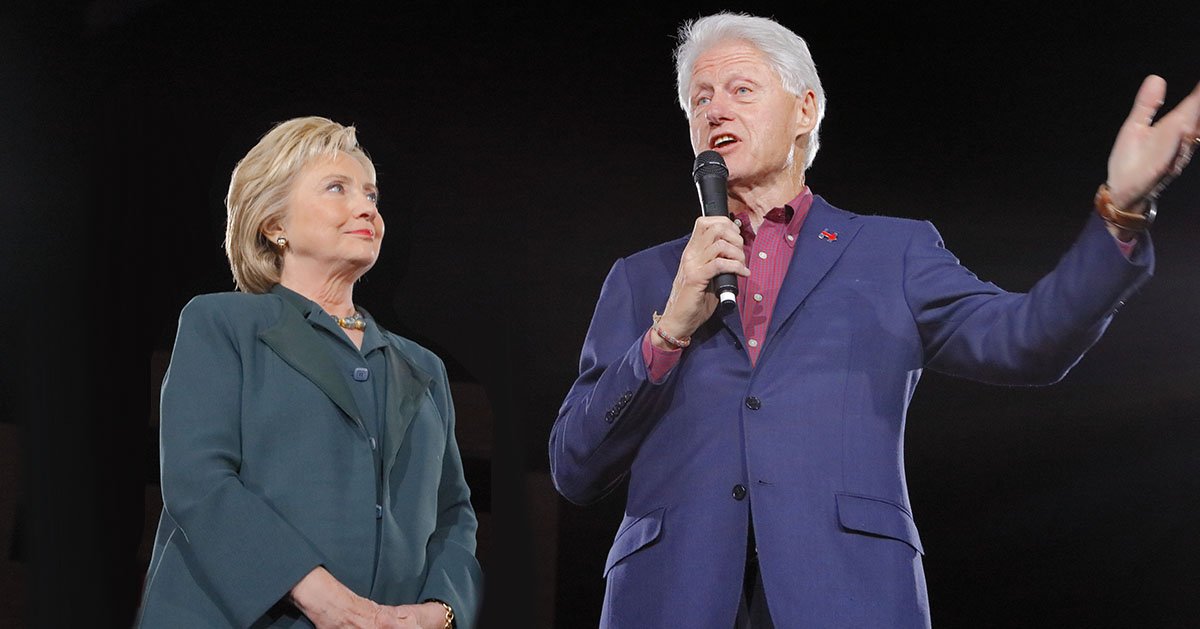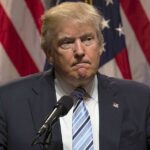








Veteran legal columnist Harry Litman has stepped down from his role at the Los Angeles Times, citing discomfort with the publication’s owner’s approach towards Trump-related editorial policy.
The New York Post reported that Litman, who served as a Senior Legal Columnist for three years and contributed to the editorial page for fifteen years, resigned in protest against Dr. Patrick Soon-Shiong, the L.A. Times owner, for allegedly influencing the paper's editorial stance in support of Donald Trump.
Litman took to his Substack platform on Thursday to announce his departure, marking an end to his long-standing affiliation with the esteemed newspaper.
His resignation highlights a growing rift within the L.A. Times amidst broader industry discussions on media independence and owner influence.
Litman's decision follows conflicts within the Times' editorial team, rooted in Soon-Shiong's decisions that are perceived as swaying the paper towards a Trump-friendly stance. One key incident was Soon-Shiong's reported refusal to allow an endorsement for Vice President Kamala Harris, which stirred discomfort among the editorial staff and led to resignations.
Mariel Garza, editorials editor, also resigned, indicating internal upheavals and a complex landscape for journalistic autonomy. Litman’s departure underscores the profound implications of owner influence on journalistic values, a subject that has gained attention across newsrooms nationwide.
Expressing his concerns, Litman criticized Soon-Shiong for aligning with Trump, which he sees as a threat to democratic principles. He argued that catering to gains from potential political changes reflects poorly on the impartiality expected of a leading news outlet.
“By far the most important problem,” Litman shared, was the motivation behind Soon-Shiong’s actions. Litman believes that the owner’s conduct is a strategic maneuver to hedge his investments, potentially compromising the paper's integrity.
According to Litman, the editorial board’s reluctance to take a firm stance against Trump’s policies stems not from ideological alignment but rather a cautious political strategy by Soon-Shiong. This hesitation paints the L.A. Times as an institution hesitant to challenge authoritarian leanings, Litman suggested.
He expressed discontent, pointing out the implications of reframing the paper’s identity to appease, rather than confront, a controversial political figure. Such a shift is difficult for seasoned journalists like Litman, for whom media independence is non-negotiable.
Litman's departure calls attention to the fundamental role of media as a pillar of democracy, with the responsibility to challenge political power rather than yielding to it. His resignation is not just a personal decision but a stance against what he perceives as detrimental to the industry's mission.
The conflict at the Times mirrors broader tensions in the media landscape, where ownership influence threatens editorial freedoms. Litman hoped to highlight these concerns, urging a return to traditional journalistic principles rooted in impartiality and independence.
Harry Litman's resignation emphasizes the broader ethical questions that media organizations face with regard to owner engagement in editorial policy.
It raises the issue of how news outlets balance owner interests with journalistic integrity, a question certainly relevant amidst today's polarized political environment.
The situation at the L.A. Times serves as a case study for other media houses grappling with similar issues. While ownership influence is not a new challenge, its implications amid political turmoil add a layer of complexity to media operations.
As Litman parts ways with the L.A. Times, his actions serve as a catalytic rally for journalists holding the line against owner interference. His decision underscores the stakes media figures face in maintaining credibility and truthfulness, essential components of a robust democratic society.



